When you need a nigella seed substitute, your best options depend on the dish you're making. Here are the top 5 practical alternatives for nigella seeds, with detailed flavor profiles, usage tips, and expert recommendations for each.
Table of Contents
- What Are Nigella Seeds?
- Why Find an Alternative for Nigella Seeds?
- Best Alternatives to Nigella Seeds
- How to Use These Alternatives
- Buying Guide for Nigella Seed Alternatives
- Frequently Asked Questions
- Conclusion
What Are Nigella Seeds?
Nigella seeds, also called black caraway or kalonji, are small, oval-shaped seeds with a slightly bitter, nutty, and peppery flavor. They are commonly used in Indian, Middle Eastern, and North African cooking. You'll often find them in breads like naan, curries, and chutneys. Their versatility makes them a staple in many kitchens.
Why Find an Alternative for Nigella Seeds?
There are several reasons why someone might need an alternative for nigella seeds:
- You might not be able to find them locally.
- You may have dietary restrictions (like allergies or vegan preferences).
- You might want to experiment with different flavors in your recipes.
- They could be expensive or hard to source.

Best Alternatives to Nigella Seeds
Here are some of the best alternatives you can use in place of nigella seeds:
1. Black Sesame Seeds
Black sesame seeds are a great substitute for nigella seeds due to their similar size and texture. They offer a mild, nutty flavor that complements many dishes. However, they don't have the same slight bitterness as nigella seeds, so they work best in recipes where that trait isn't essential. For Indian breads like naan, black sesame seeds provide the closest visual match while adding a subtle nuttiness.
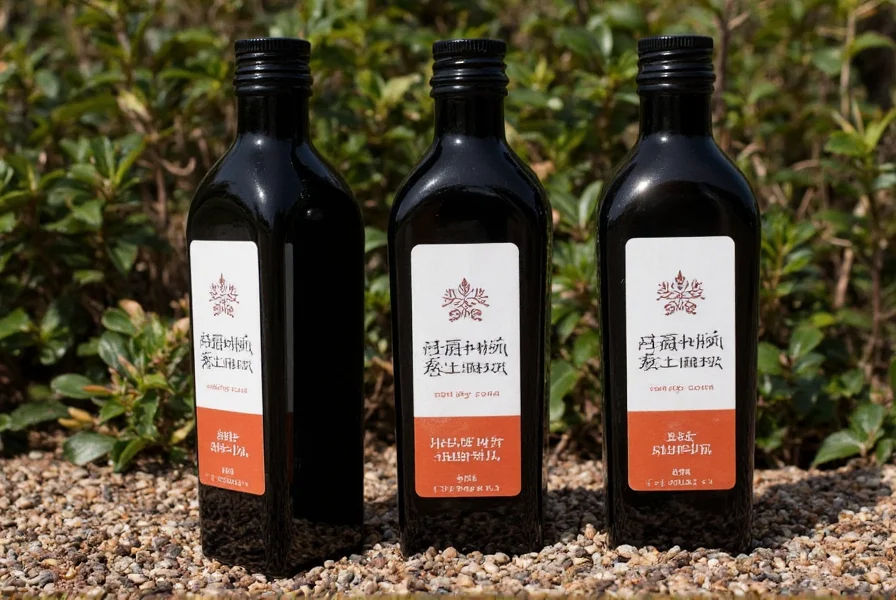
2. Cumin Seeds
Cumin seeds have a warm, earthy flavor that's somewhat similar to nigella seeds. While not an exact match, they can add a nice depth to your dish. Keep in mind that cumin is more aromatic than nigella, so you may want to adjust the quantity accordingly. For curries and stews, cumin seeds are an excellent choice as they complement the other spices well.
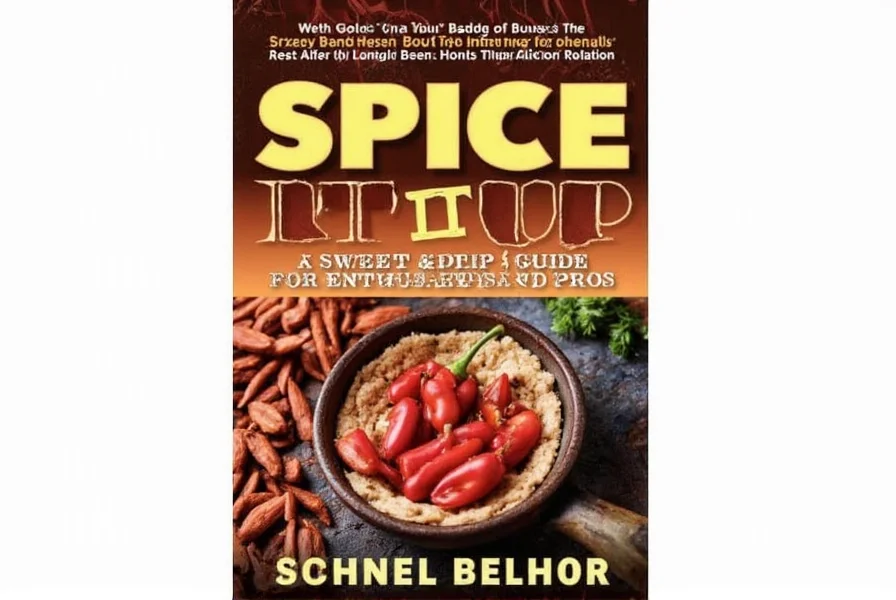
3. Caraway Seeds
Caraway seeds have a licorice-like flavor that's close to nigella seeds. They're often used in European and Middle Eastern cuisine. If you're looking for a stronger, more distinct taste, caraway seeds could be a good option. They work particularly well in breads and sausages where a slight anise note is desired.
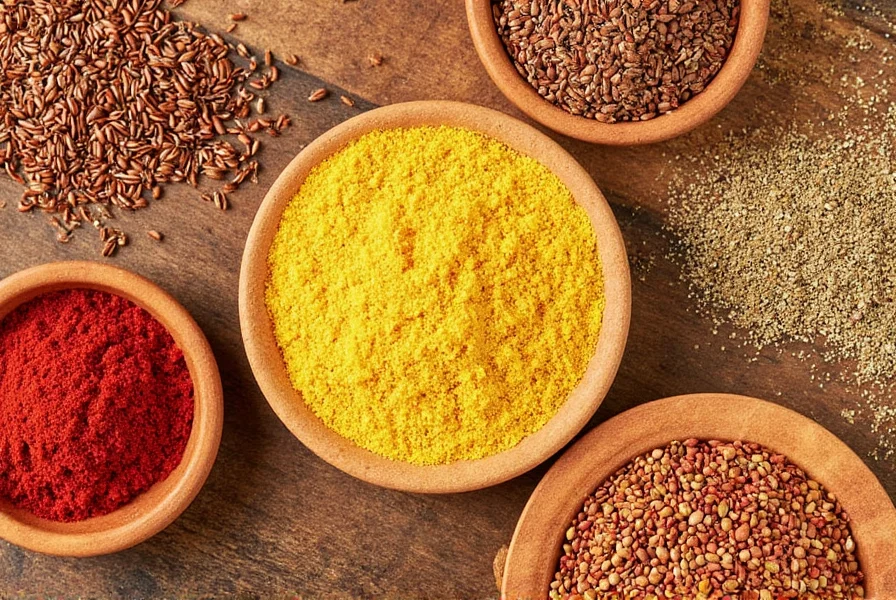
4. Poppy Seeds
Poppy seeds have a milder, sweeter flavor compared to nigella seeds. They're commonly used in baked goods, but can also work in savory dishes. The texture is slightly different, so they may not be the best choice for all recipes. For decorative purposes on breads or in salads, poppy seeds can be a good alternative.
5. Fennel Seeds
Fennel seeds have a licorice-like flavor, similar to caraway seeds. They're a bit more aromatic than nigella seeds, so use them sparingly. They work well in breads, soups, and stews. For Mediterranean dishes, fennel seeds provide a nice flavor profile that complements tomatoes and herbs.
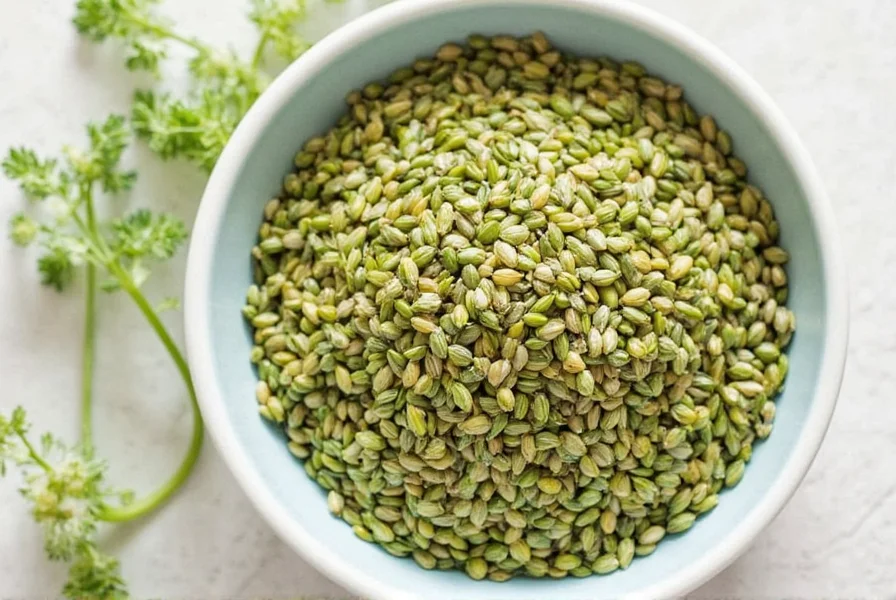
How to Use These Alternatives
When substituting nigella seeds, it's important to consider the flavor profile of your dish. Here are a few tips on how to use these alternatives effectively:
- Toast them first: Toasting enhances their aroma and flavor. Use a dry pan over medium heat until they start to sizzle and release fragrance.
- Adjust the quantity: Since some substitutes have stronger flavors, you may need to reduce the amount used.
- Use in moderation: These seeds can easily overpower a dish if used in excess.
- Pair with other spices: Combine them with complementary spices like garlic, coriander, or turmeric for a balanced flavor.
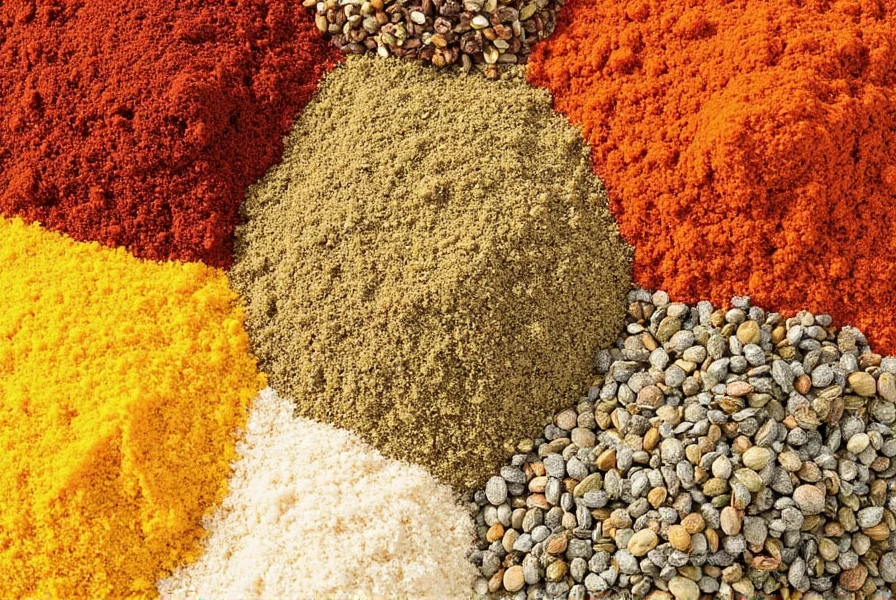
Buying Guide for Nigella Seed Alternatives
If you're looking to purchase any of these alternatives, here's a quick guide to help you choose the right one for your needs:
| Alternative | Features | Advantages | Use Cases | Target Audience | Suitable Occasions |
|---|---|---|---|---|---|
| Black Sesame Seeds | Small, dark, and nutty in flavor | Rich in nutrients, versatile, and easy to find in most stores | Baking, salads, stir-fries, sauces, and Indian breads | Home cooks, health-conscious individuals, and Asian cuisine enthusiasts | Everyday meals, snacks, and special dishes |
| Cumin Seeds | Earthy, warm, and aromatic | Adds depth and richness to dishes | Curries, stews, spice blends, and Mexican dishes | Spice enthusiasts and Indian cuisine lovers | Family dinners, festivals, and casual meals |
| Caraway Seeds | Licorice-like, slightly sweet and spicy | Great for adding unique flavor to breads and sausages | Breads, soups, meat dishes, and European cuisine | European cuisine fans and bakers | Holiday baking, hearty meals, and traditional dishes |
| Poppy Seeds | Mild, slightly sweet, and crunchy | Adds texture and subtle flavor | Baked goods, salads, dressings, and decorative toppings | Bakers, dessert lovers, and health-conscious eaters | Snacks, breakfast items, and festive occasions |
| Fennel Seeds | Anise-like, slightly sweet and aromatic | Adds a unique and complex flavor to dishes | Soups, stews, herbal infusions, and Mediterranean dishes | Herbal tea lovers and Mediterranean cuisine enthusiasts | Comfort meals, winter dishes, and wellness-focused meals |
Frequently Asked Questions
What is the best substitute for nigella seeds in breads like naan?
Black sesame seeds are the top choice for breads due to their similar appearance and texture. For flavor complexity, combine equal parts cumin and fennel seeds, using half the quantity of nigella seeds called for in your recipe. This combination works particularly well for authentic naan bread.
Can I use cumin seeds instead of nigella seeds?
Yes, but with adjustments. Cumin has a stronger earthy flavor, so use only half the amount. Toast them lightly first, and pair with a pinch of black pepper to better mimic nigella's peppery notes. Works best in curries and stews where cumin is already a common ingredient.
Are nigella seeds and black sesame seeds the same?
No, they come from different plants. Nigella (Nigella sativa) has a distinct bitter-peppery flavor used in savory dishes, while black sesame (Sesamum indicum) offers mild nuttiness common in Asian cuisine. They're visually similar but not interchangeable flavor-wise. For Indian dishes, black sesame is better for visual similarity, but cumin or fennel might be better for flavor matching.
What's the difference between nigella seeds and kalonji?
There is no difference—they're the same seed. "Kalonji" is the Hindi/Urdu name for nigella seeds, commonly used in Indian and Pakistani cooking. Both terms refer to Nigella sativa seeds. When shopping, look for "kalonji" in Indian grocery stores.
Can I skip nigella seeds in a recipe without compromising flavor?
It depends on the dish. In recipes where they're a primary flavor (like Bengali shukto), substitutes are essential. In breads where they're mainly decorative, you can omit them or use black sesame seeds. Always toast substitutes to maximize flavor impact. For Indian curries, omitting nigella seeds will change the flavor profile significantly.
What's the best nigella seed substitute for Indian cooking?
For Indian cooking, cumin seeds are the most versatile substitute. Use half the amount called for in the recipe. For chutneys and breads, black sesame seeds provide visual similarity. For authentic flavor, try combining cumin and fennel seeds in a 2:1 ratio.
Can I use nigella seeds substitute in baking?
Yes, but choose carefully. Black sesame seeds work well for breads and rolls. Poppy seeds are great for sweet baked goods. For savory breads, caraway seeds provide a nice flavor profile. Fennel seeds work well in Italian breads and focaccia.
Conclusion
While nigella seeds have a unique flavor that's hard to replicate exactly, there are several viable alternatives that can enhance your dishes in different ways. Whether you're using black sesame seeds for a nutty touch, cumin for warmth, or fennel for anise-like notes, each option brings something special to the table.
Remember, the key to successful substitution is understanding the flavor profile of your recipe and choosing the right alternative. Experiment, taste, and adjust as needed. And always keep an open mind—sometimes the best discoveries come from trying something new.
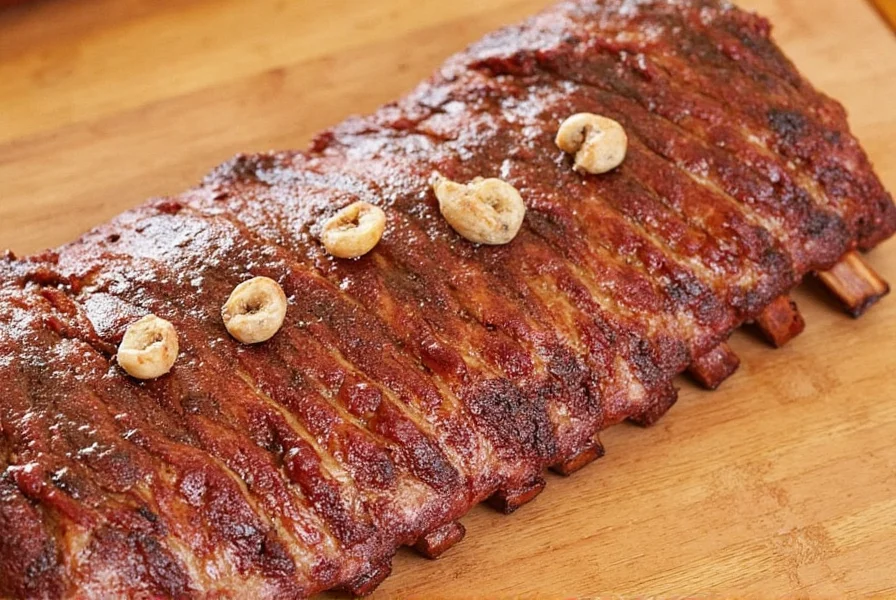










 浙公网安备
33010002000092号
浙公网安备
33010002000092号 浙B2-20120091-4
浙B2-20120091-4